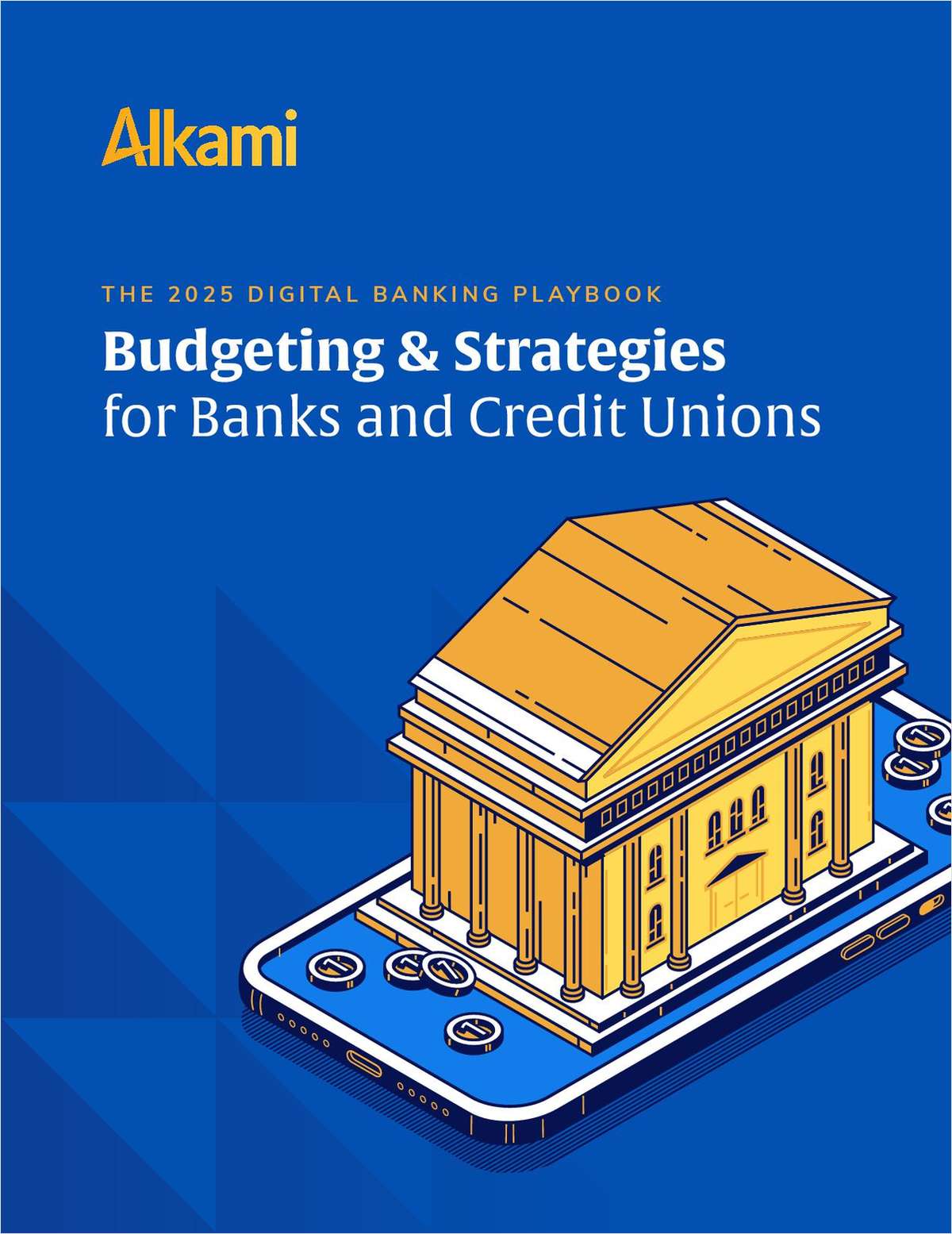Nothing is more unsettling than an abrupt and rapid change in your paradigm. Such a change creates the need to rethink everything. It forces us to change long-held beliefs. It causes pain because we love to do the same familiar things no matter what the result. Resisting change in the face of a paradigm shift will lead to being changed by external forces that may in fact be more unsettling than changing things ourselves.
We had over 20 years of economic bliss. We created many systems that were bank-like. We embraced quantity over quality. We blindly became very homogenous in our product and service offerings. Our strategic plan was to be competitive with the credit union or bank on the corner. Under the veil of safety and soundness, we accepted with limited objections, regulatory structures that had minor bearing on helping the credit union achieve its primary mission.
As one travels through the credit union industry, we find very few people questioning whether credit unions are achieving their primary mission. There are some credit unions that do this very well. However, some credit unions' only strategically plan is to meet local bank and other credit union competition. Some credit unions tend to survey what their competitors are doing and commit themselves to meet that challenge with little regard to what the membership is actually demanding. There is very little strategic thought in some credit union's plans.
An honest review of any credit union's 5300 along with its related financial and statistical reports can quickly tell you whether it is achieving its goals. Or is it just another rudderless financial institution adrift in the ocean of financial service providers? A credit union should always question what the numbers mean. What is the quality of the results as they relate to its primary mission, and what is the quality of the profit?
A shift in paradigm causes a long overdue review of our deeply ingrained dogmas. This is a good thing if it brings about appropriate change. Our core values should be the lens that the change is reviewed through. Credit unions are chartered to be niche players to provide services to those who are not being served. I laugh when the regulator attempts to require credit unions by fiat to only make conforming loans. The niche of the credit union is the subprime market. If you are nothing more than your competition, you become your competition.
Certainly, regulators do not want to hear this, but 80% loan-to-value, 30-year fixed-rate mortgages are more of the problem than the solution. There is a wonderful market for subprime mortgages that would truly help Americans secure affordable housing if only some institution like a credit union was making them. Subprime mortgage loans should not be confused with poorly underwritten loans. Subprime loans are loans that for some reason do not conform to the demands of the investment grade required by the secondary market.
Subprime loans are loans that a credit union should portfolio. They are loans that are made because the credit union has done its due diligence and determined that the risk should be taken for the proper reward. They are generally adjustable or fixed with a balloon payment. They come at a premium rate. They were not the cause of the current economic problems. Obtuse underwriting standards for McMansion loans are not subprime loans. They are just plain stupid. Loans made on real primary residences to real people who have to live somewhere with indoor plumbing are still being paid.
How many people did we help buy that starter home? How many nonluxury car loans did we make to help the member get to work? How many consolidation loans did we make to get some poor member out of a teaser-rate credit card loan that is now 24%? Maybe these should be the metric. Any measure of success should be tempered with some type of concern for safety and soundness.
For years credit unions misbehaved, stretched rules and provided service to members far beyond what a banker's conventions would permit. Our success caused hubris. We came to believe that we could act like banks and still be credit unions. We are now suffering from the same problems affecting banks. If credit unions embraced their instinctive creative force of optimism, they would find new strategies of solid service to members which would lead to new levels of success in the future.
The paradigm has changed. We have a real opportunity to return to credit union thinking, which will lead us out of this current economic situation and by extension help our fellow Americans. Or we can continue to do the same bank-like solution over and over and expect a different result. And that is one definition of insanity.
Bill Brooks is a certified financial planner with CU Prosper and former CEO of Lafayette FCU. He can be reached at 302-258-4668 or [email protected]
Complete your profile to continue reading and get FREE access to CUTimes.com, part of your ALM digital membership.
Your access to unlimited CUTimes.com content isn’t changing.
Once you are an ALM digital member, you’ll receive:
- Breaking credit union news and analysis, on-site and via our newsletters and custom alerts
- Weekly Shared Accounts podcast featuring exclusive interviews with industry leaders
- Educational webcasts, white papers, and ebooks from industry thought leaders
- Critical coverage of the commercial real estate and financial advisory markets on our other ALM sites, GlobeSt.com and ThinkAdvisor.com
Already have an account? Sign In Now
© 2025 ALM Global, LLC, All Rights Reserved. Request academic re-use from www.copyright.com. All other uses, submit a request to [email protected]. For more information visit Asset & Logo Licensing.









